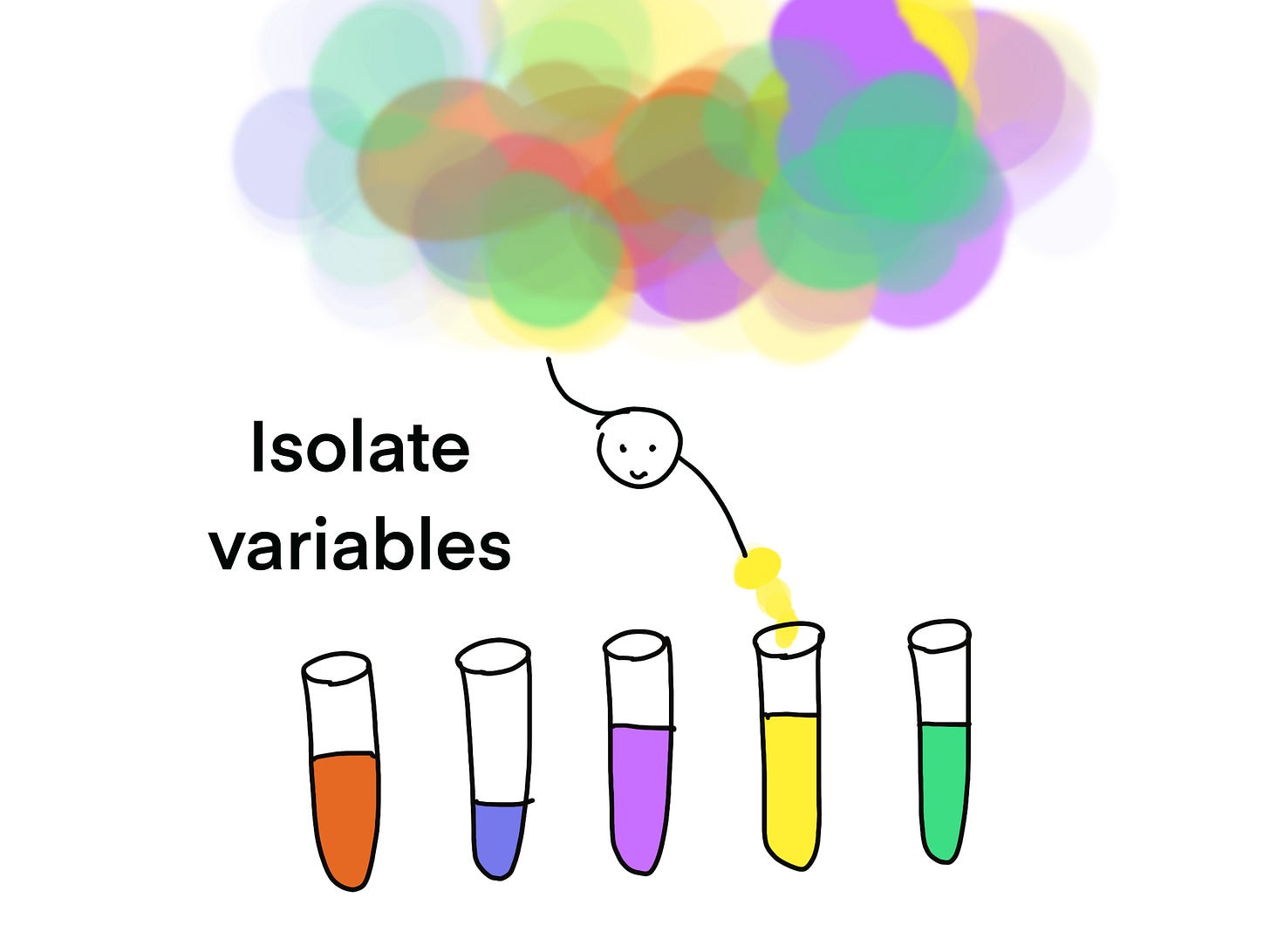On the way, I’m thinking about how should I lay out my career, I met a woman, a founder, and a mom working on a problem she cares a lot about. Instead of asking me to find “the job,” she advised me to spend an entire year just to try out a wide range of work. Here are the following reasons.
AI is still a really new space where talents haven’t really been cultivated. To learn, it’s good to apply skills to different problems.
Most people don’t like their first job anyway. Instead of taking years to transition to try another career, why not just try as much as possible in the beginning?
Keep doing the same thing in the same company limits your vision. If you work on it for years, that’s the only world you know.
Her words made a huge sense. Coming from big tech to startup, I saw a lot of different worlds. In Meta, I see a big system, people there are chill and family-oriented, and have their separate lives from work, spending most of their time communicating with different teams to make small changes. In contrast, everyone in my startup incubator is starting to build things quickly, but also break lots of things and relationships. They also work on weekends and networking crazily. Even when I was jobless, I explored building products from scratch, tried to market some on LinkedIn, and failed half of them. So I’ve already seen 3 different worlds: Big tech, tiny AI startups, and self-building hacker world.
A new idea therefore bubbled up. When all my friends are chasing stable work and life after graduation, what if I intentionally tried the opposite to the extreme? I am now imagining not finding a full-time job but trying out lots of internships that maximize different dimensions of my career. Here, I lay out my new career idea for you.
For instance, how would I feel if I worked with inspirational leaders but not on my passionate problems? How would I feel if I learned a ton technically every day but did not care about passion and people?
This idea manifested in a concept in Range: Why Generalists Triumph in a Specialized World. The book argues that a more diverse experience across multiple fields – is more relevant in today's society than specialization works well only when we know the rules and answers, and when they don't change over time. Yet, problems of the modern world require bridging experience and knowledge from multiple fields to foster solutions. For generalists, the book suggests a quick sampling period. You start with no knowledge, test various possible paths in a manner that provides info as quickly as possible, and increasingly refine decisions about where to allocate energy.
If I translate this idea to my career, I should probably quickly sample multiple careers through more internships with an optimization of what matters for me (passion, people, skills…) in my career. Afterward, I can further prioritize them based on the knowledge I get from the experience before settling down.
Well…I have no idea what I’m gotta actually do, but this is my idea that I entertain myself for the day. Thank you for listening.



